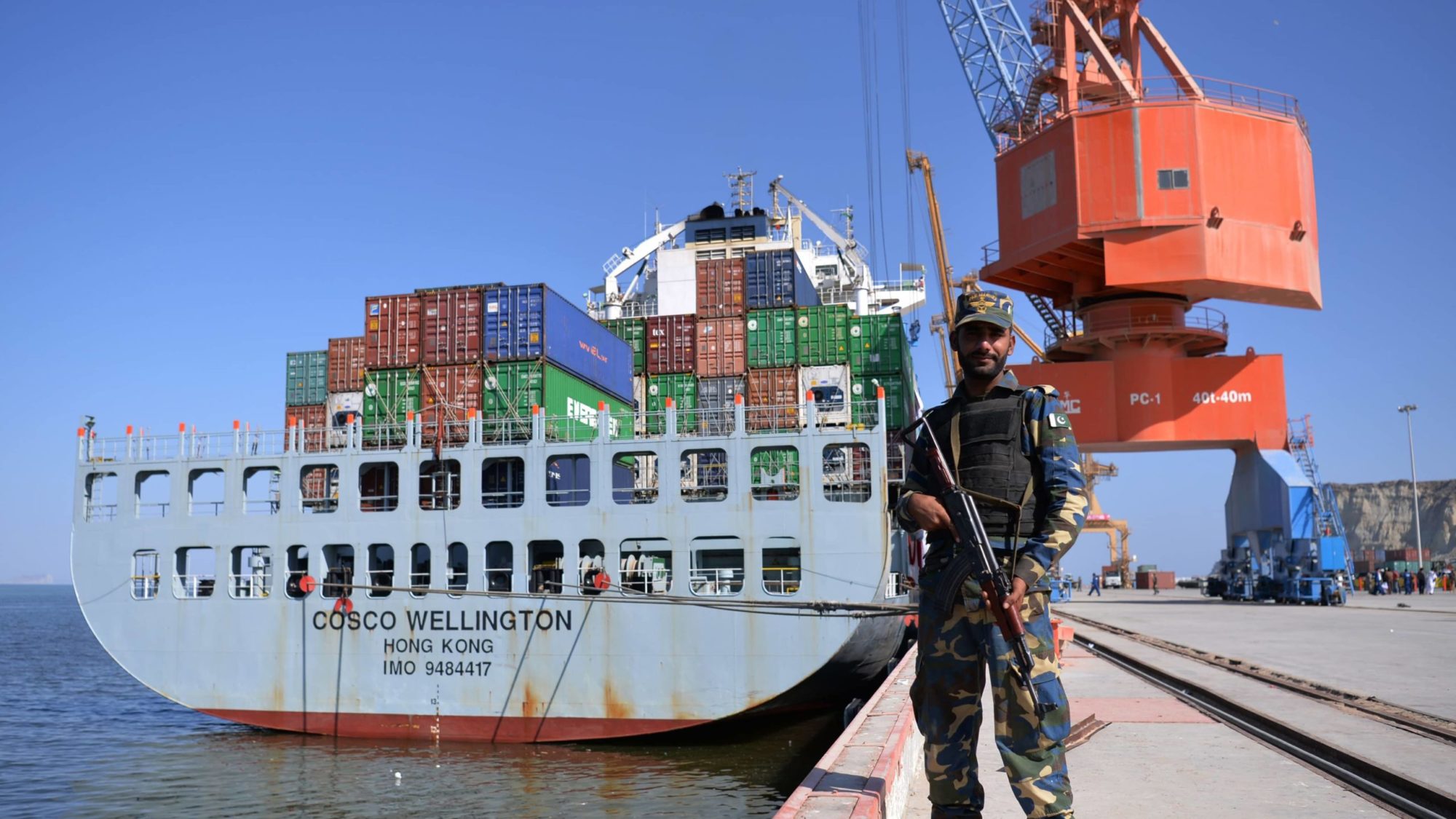India is currently facing a threat with China slowly inching towards its territory. A new rail and road link to Sri Lanka via Myanmar gives overland access to China to establish infrastructure projects in the northern and eastern part of Sri Lanka opening its mouth in the vicinity of the Indian Coast. Hence an alarming concern is instilling at the New Delhi offices.
While India has unilaterally confronted China along the dense and rugged Himalayas for a very long time, the maritime challenges have increased manifold as China has grown its diplomatic relations with many Asian countries. Furthermore, the Chinese authoritarian outlook has also resulted in gaining them the territorial control of small countries. For instance, the non-condemnation of the army coup in Myanmar has consequently provided China with a more thorough channel for accessing the ports closer to India. Furthermore, China is pressing ahead with bilateral projects that include a deep seaport in Myanmar’s Kyaukpyu along the Bay of Bengal making it the third Chinese-developed port in India’s vicinity after Gwadar in Pakistan and Hambantota in Sri Lanka.
The director of the Centre for Security, Strategy and Technology at New Delhi’s Observer Research Foundation, Rajeswari Pillai Rajagopalan has attested that the Chinese authorities are inching closer to India and is extremely worrying given its adversarial, hostile relations with China. Needless to say, the projects are mere of civil nature, as more and more countries are falling into Chinese influence, the situation is exceedingly worrisome.
The concerning infrastructure projects are mainly concentrated in Sri Lanka and Myanmar which provide access to the Indian Ocean that further cater the ferrying of Beijing Oil’s imports to Africa, the Middle East, and Europe. Sri Lanka’s Colombo Port City being built by a Chinese state-owned firm is one of the latest worries for India as it is adjacent to the strategic Colombo port which is just 300 km away from India. Furthermore, the tension intensified when local legislation enabled China to gain virtual control over 62-hectare unclaimed land neighboring the port which is to be developed as a special economic zone. Furthermore, another $12 million renewable energy project is awarded to a Chinese firm to be built on Sri Lankan islands that lie barely 50kms away from New Delhi.
The leaders of Sri Lanka have long been chums of China and are therefore said to have amplified the pro-China tilt. However, Sri Lankan geopolitics and foreign policy analyst Asanga Abeyagoonasekera has described the current state of affairs as a ‘Strategic Trap’. He has further stressed the point that giving these projects a 99-year lease would eventually dissolve the Sri Lankan control and the nation can easily be turned into a Chinese colony or Chinese zones of activity.
Does India need to step up its own naval capabilities to gain control of the already falling shreds of sovereignty? Yes…most definitely. However, while it may seem like India is lacking in overseas infrastructure, it must be noted that Indian maritime forces, including the Indian Navy and Indian Coast Guard, through their proactive and timely assistance and aid to foreign nations, have not just won goodwill for the country but has also led India to attain the status of “most preferred maritime partner”. Now while on one hand there is the Sri Lankan MLA’s letter to Xi Jinping that highlights China’s deceitful acquisition, on the other we have India’s maritime aid and rescue missions to extend friendships beyond borders.
So while India has some work to do, China also has an important question to ponder and decide on – will binding
economically weak countries with controversial agreements with non-disclosure clauses and her “debt trap” strategy, help win the loyalty and friendship of suffering nations and their citizens? Or will it just isolate and seal their position as the world’s most notorious nation? The Chinese authorities are not restricted to commerce but are further eyeing territorial expansion and are envisioning dominating the high seas and emerging as a great maritime power.

